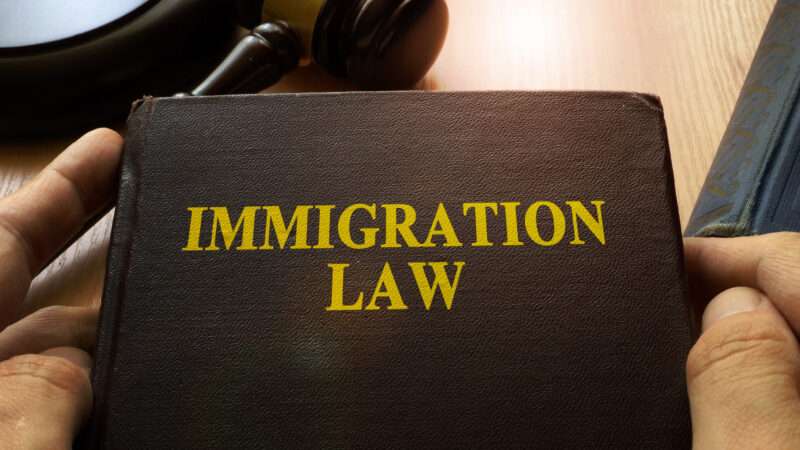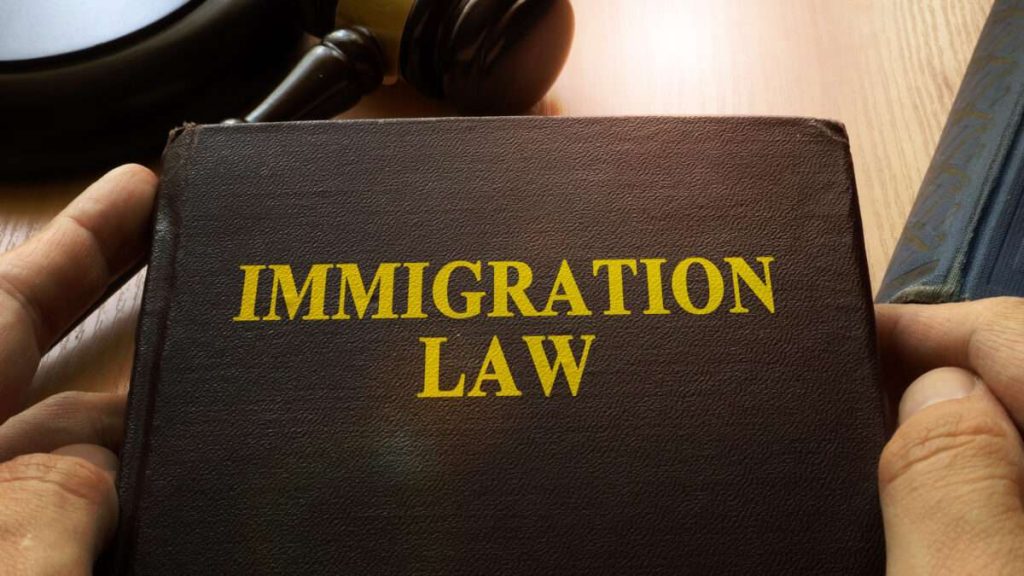
During a June appearance on the Business and Technology podcast All-In, then-presidential candidate Donald J. Trump promised to give every foreign-born U.S. college graduate a green card. The talent-strapped tech sector, which has advocated for pro-immigration policies like this, lauded the move. The influence of J.D. Vance and Elon Musk on Trump, both of whom have ties to Silicon Valley, promulgated the view that he would support legal, high-skilled immigration.
If the actions of Trump’s first term are indicative of anything, however, it’s that an increase in legal immigration of any kind is unlikely.
Take Trump’s record on the H-1B program, the largest U.S. temporary work visa program for high-skilled workers. Jorge Loweree, managing director of programs at the American Immigration Council (AIC), described the program to Reason as a “critical tool for us to attract talent from abroad” and to continue “our leadership role in the tech sector around the world.” Every year, it provides 65,000 visas for “highly educated foreign professionals,” with an additional 20,000 reserved for “foreign professionals who graduate with a master’s degree or doctorate from a U.S. institution,” according to an H-1B visa factsheet by AIC.
“During his prior term in office. His administration implemented a series of policy changes that made obtaining and maintaining [H-1B] status significantly more challenging,” Loweree stated.
Trump increased regulation on the program, starting with the Buy American and Hire American Executive Order which instructed agencies to “propose new rules and issue new guidance…to protect the interests of United States workers in the administration of our immigration system.”
This increased denial rates for H-1B applicants and made the process of applying costlier, according to Forbes. In FY 2015 denial rates for H-1B visas were six percent. By FY 2018 they rose to a high of 24 percent, according to AIC. Attorney fees for filing an H-1B visa increased between $2,000 and $4,500 per applicant. Wait times for spouses of H-1B applicants also increased, taking up to two years, in some instances, for them to receive their H-4 dependent, which allows them to live in the U.S.
Prior deference, which allowed current H-1B recipients to avoid going through the time-consuming interview process and paperwork to extend their H-1B visa, was also eliminated by Trump, according to Loweree. It was later reinstated by President Joe Biden.
Given Trump’s record, David J. Bier, director of immigration studies at the Cato Institute, tells Reason that he is “certain” that the Trump administration will “restrict H-1B visas.”
H-1B workers impact the U.S. economy in many ways. Highly skilled immigrants who use the H-1B visa “directly increase the production of knowledge through patents, innovation, and entrepreneurship,” according to the Cato Institute. And, because they primarily specialize in STEM fields, foreign-born workers increase productivity, employment, and wages for native-born workers.
While Trump’s promise on the All-In podcast is encouraging, his record shows that it will unlikely be kept. A calculated attack on H-1B visas by a second Trump administration would hurt U.S. innovation and the native-born workers who benefit from the skills that legal immigrants bring.
The post Trump Promised More Legal High-Skilled Immigration. His Record Says Otherwise. appeared first on Reason.com.







